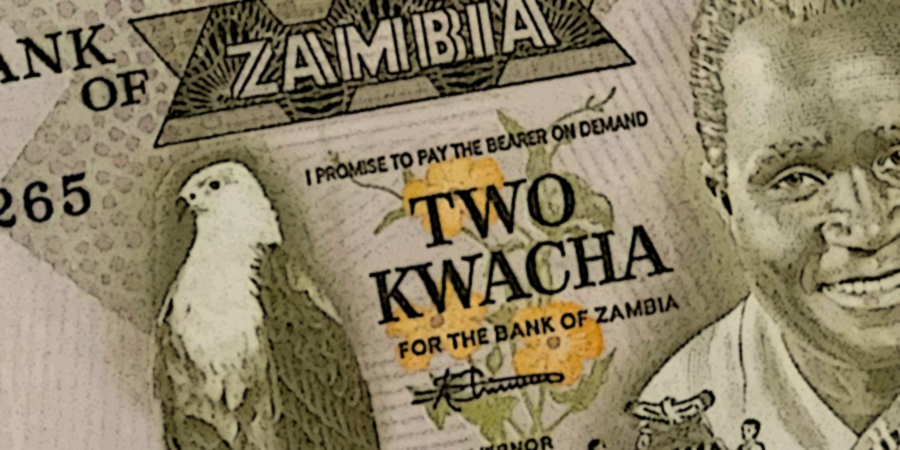As it emerges from its worst drought in living memory, Zambia hopes to achieve a fast recovery in economic growth and a halving of its budget deficit in the following year, the country’s finance minister announced on Friday.
In contrast to a projected 2.3% growth in 2024, the copper producer aims for 6.6% growth in 2025, according to Finance Minister, Situmbeko Musokotwane, in a budget speech.
The El Nino-caused drought destroyed Southern Africa’s crops, resulting in food shortages and harming the region’s economic prospects this year.
Zambia’s finance minister said on Friday that the nation, which is coming out of the worst drought in living memory, intends to quickly recover economic growth and cut its budget deficit in half the next year.
Finance Minister Situmbeko Musokotwane stated in a budget address that the copper producer is targeting 6.6% growth in 2025 as opposed to a projected 2.3% increase in 2024.
A UNICEF study in March 2024 states that the majority of the country’s central and southern regions have been impacted by the dry spell since mid-January. These regions have gotten less rainfall than usual, which has resulted in the destruction of one million hectares of maize—nearly half of all the corn grown in the nation.
Since hydropower generates more than 80% of Zambia’s electricity, the analysis also predicted that the drought would cause a power shortage of 430 megawatts and have an impact on surface and groundwater levels. These projections would have serious ramifications for industries other than agriculture.
The minister further stated that following the conclusion of a Eurobond restructuring exercise, Zambia was still negotiating restructuring arrangements with certain commercial creditors.
He reported that the China Development Bank and the Industrial and Commercial Bank of China have just struck provisional restructuring agreements with Zambia.
It has been demonstrated that the agreements are in line with Zambia’s IMF program and the “Comparability of Treatment principle,” which aims to prevent the wealthier creditor nations that make up the Paris Club from making disproportionate concessions in comparison to other creditors.
The lengthy debt restructuring process in Zambia has hurt local financial markets and discouraged investment.



































